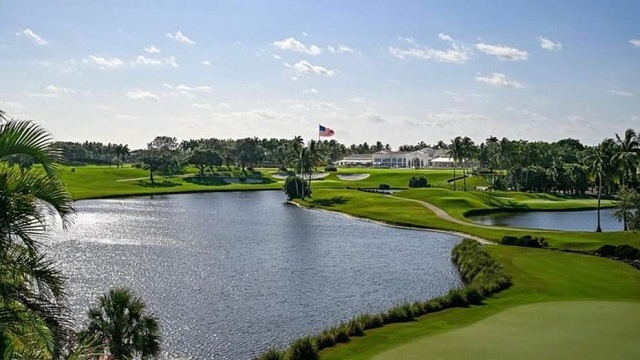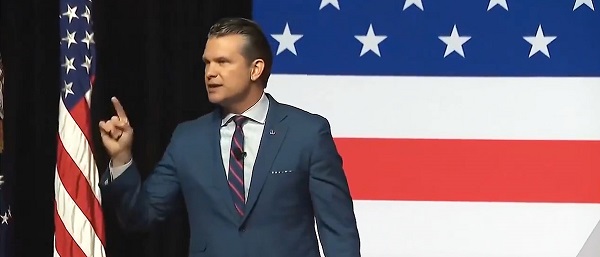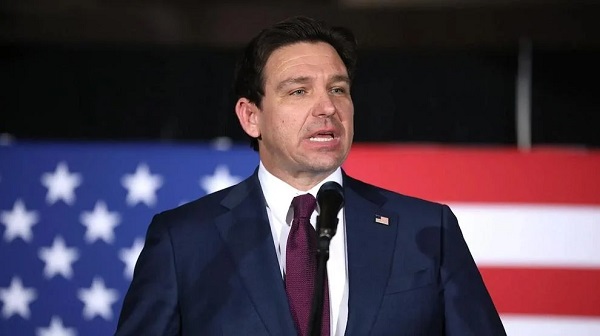Trump International Golf Club Palm Beach | Facebook
From The Center Square
By Dan McCaleb
The perimeter around the Florida golf course where a gunman with an AK-47 style rifle was perched while former President Donald Trump played nearby was not secure because Trump isn’t the sitting president, authorities said.
The FBI is investigating the incident as the second assassination attempt on Trump’s life since July. The suspect is in custody.
During a news conference after the gunman was spotted pointing the nuzzle of the rifle through a chain-link fence toward the course, Palm Beach County Sheriff Ric Bradshaw said the suspect was able to get within 300 to 500 yards of Trump because the former president and 2024 Republican presidential nominee doesn’t get the same level of security as a sitting president.
“Well, you got to understand, the golf course is surrounded by shrubbery, so when somebody gets into the shrubbery, they’re pretty much out of sight, all right,” Bradshaw said after a question about how the gunman could get so close. “And at this level that he is at right now, he’s not the sitting president. If he was, we would have [the area around the] golf course surrounded. But because he’s not, security is limited to the areas that the Secret Service deems possible. So I would imagine that the next time he comes at a golf course, there’ll probably be a little bit more people around the perimeter. But the Secret Service did exactly what they should have done. They provided exactly what the protection should have been, and their agent did a fantastic job.”
Sunday’s incident occurred two months after Trump was the target of an assassination attempt at a campaign rally in Butler, Pa. Trump was grazed by a bullet in his ear in the Pennsylvania shooting just two days before the start of the Republican National Convention. The suspect in the earlier assassination attempt was shot ad killed at the scene.
The Secret Service was widely criticized for its lax security efforts after the Pennsylvania attempt. Kimberly Cheatle, the director of the U.S. Secret Service, resigned under heavy pressure.


















